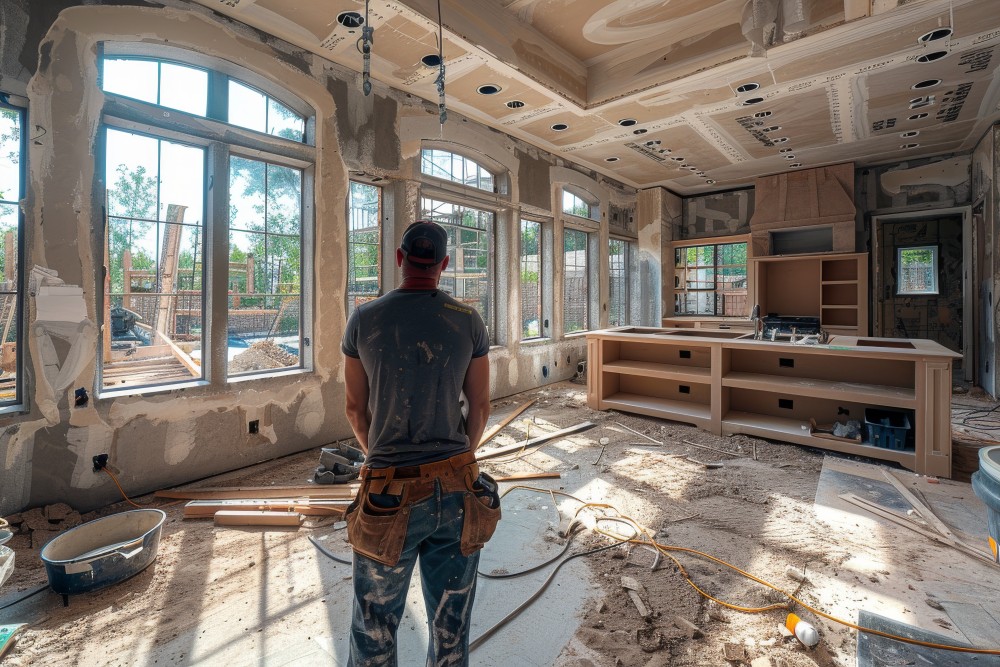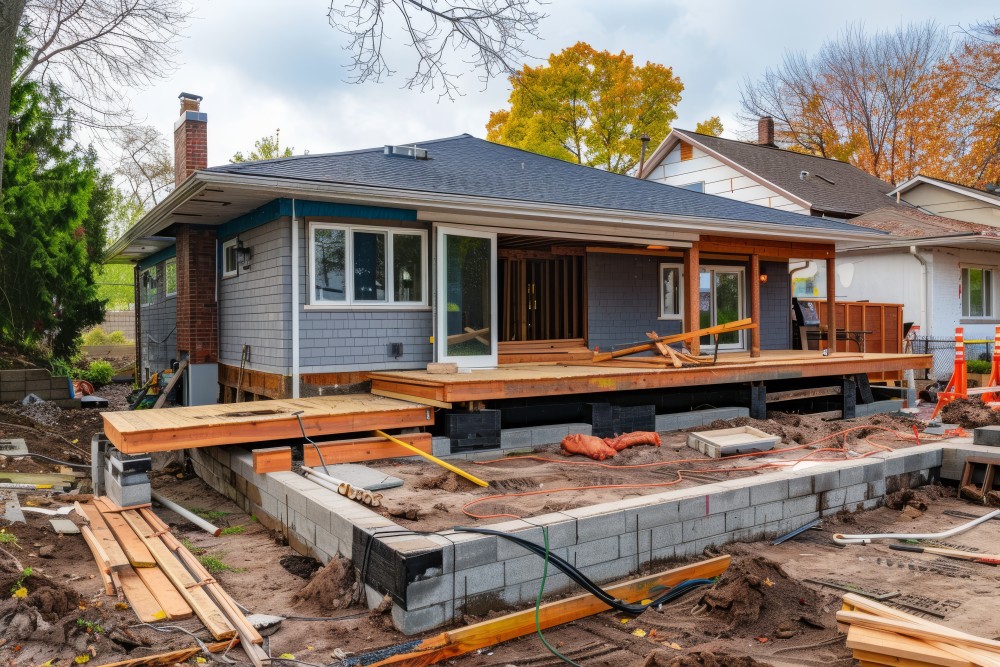Home improvement projects can be exciting but also come with a fair share of risks, especially when it comes to the legalities involved. A well-drafted contract is crucial for ensuring that your home improvement project runs smoothly and that you’re protected as a homeowner. Here’s a guide to understanding what to look for in home improvement contracts and what to avoid.
Key Elements of a Home Improvement Contract
1. Detailed Description of the Work- Scope of Work: The contract should clearly outline the work to be done, including specific tasks, materials to be used, and any special requirements. This helps prevent misunderstandings and ensures both parties are on the same page.
- Specifications: Include detailed specifications for materials, products, and installation procedures. This ensures that you get exactly what you agreed upon.
- Down Payment: It’s standard to pay a down payment, but this should not exceed a certain percentage of the total cost (usually around 10-20%).
- Progress Payments: Payments should be tied to specific milestones or phases of the project. This ensures that you pay for work as it is completed rather than upfront.
- Final Payment: The final payment should be made only after the project is completed to your satisfaction and any necessary inspections are passed.
- Start and Completion Dates: The contract should specify the project start date and the estimated completion date. This helps in planning and managing your expectations.
- Delays and Extensions: Include provisions for how delays will be handled, whether due to weather, unforeseen circumstances, or other issues.
- Contractor Licensing: Ensure the contractor is licensed and bonded. Verify their credentials through your local licensing authority.
- Permits: The contract should state who is responsible for obtaining the necessary permits. Typically, this is the contractor’s responsibility, but it’s important to confirm.
Join HICP Homeowner’s Alliance
Connect with experts, get special discounts and enjoy member benefits
5. Warranties and Guarantees
- Workmanship Warranty: The contractor should provide a warranty for their workmanship, typically ranging from one to five years.
- Material Warranty: There should be warranties for the materials used, ensuring they are covered if they fail within a specified period.
- Liability Insurance: Ensure the contractor has liability insurance to cover any damage to your property during the project.
- Worker’s Compensation: The contractor should have worker’s compensation insurance to cover any injuries sustained by workers on your property.
- Process for Changes: Include a clear process for handling any changes to the scope of work, known as change orders. These should be documented in writing and agreed upon by both parties.
- Resolution Methods: Specify how disputes will be resolved, whether through mediation, arbitration, or litigation. This provides a clear path for addressing any issues that arise.
Red Flags to Watch For
1. Lack of Specificity- Vague Descriptions: Be wary of contracts that lack detailed descriptions of the work to be done. Ambiguity can lead to disputes and additional costs.
- Unspecified Materials: Ensure that materials and products are clearly specified to avoid substitutions with lower-quality items.
- Excessive Down Payments: Avoid contractors who demand large upfront payments. A reputable contractor will not require more than 20% as a down payment.
- Verification: Always verify the contractor’s license and insurance. Unlicensed contractors pose significant risks, including subpar work and lack of legal recourse.
- Verbal Agreements: Never rely on verbal agreements. A written contract is essential for protecting your rights and ensuring that all terms are clearly documented.
- High-Pressure Sales: Be cautious of contractors who use high-pressure sales tactics to get you to sign quickly. Take your time to review the contract thoroughly.
Understanding home improvement contracts is essential for protecting yourself and ensuring your project goes smoothly. Look for detailed descriptions, clear payment schedules, specific timelines, and proper warranties. Avoid vague terms, large upfront payments, unlicensed contractors, and high-pressure sales tactics. By being diligent and informed, you can ensure that your home improvement project is completed to your satisfaction and that your investment is protected.
If you’re unsure about any aspect of a contract, consider consulting a legal professional to review it before signing. A little caution and preparation can save you from significant headaches down the road.



















